After months of lockdown and homeschooling for the country’s two most populated cities, the time has finally come for kids to get back to the classroom.
For many parents, this is likely a huge sigh of relief, as you prepare to hand your children back over to the experts as face to face education gets back on track. However, the return to school, and normal life, can present a whole new set of challenges for some, as children (and parents) pivot once again and begin to adjust to the school routine.
Being back at school after months off from being surrounded by crowds, following school rules and sticking to a rigid routine can lead to stress and anxiety for some children. ids, from primary age through to upper secondary students, may also feel nervous about the virus, and for younger kids separation from their parents during this time may further increase their anxiety about the current state of affairs.
Despite the difficult adjustment, the return to the classroom and normality is ultimately a very exciting, important step forward. To reduce stress and make this transition as smooth as possible, we have rounded up three easy ways to support your child, and the rest of the family, as they return to the classroom.
1. Get organised
The first few mornings back at school can be a little chaotic. Waking up earlier than usual, ironing school uniforms, packing bags and getting lunch ready for a whole household can often feel like a whirlwind, especially after a few months off from the usual morning rush.
The excitement and stress of going back to school can lead to a less than smooth transition for not only your child but for you as a parent. By getting organised in the days leading up to your child’s return to school, you can decrease the stress levels of the entire household, and eliminate as many potential bumps in the road as possible, ahead of time.
For example, remember to get those school socks!
2. Set a regular bedtime
Getting a full, good nights’ sleep is essential for not only our physical health but also our mental health and wellbeing. Without sufficient sleep, our concentration and memory retention processes can’t operate at full capacity – which can impact your children’s ability to fully immerse themselves in the classroom. Sleep also strengthens our immune system and helps the body to fight off disease, which is crucial at a time like the present.
By participating in regular exercise, meditating and staying away from screens before bedtime, both you as a parent, and your child will wake up more refreshed and ready to take on the school week. If your sleep routines have gone by the wayside over lock down perhaps resetting a good bedtime routine a few days before the first day back at school. Our NEW Sleep for Families program supported by our Official Health Partner Medibank is a great way to get started.
3. Practice Mindfulness
School, and all of the extracurricular activities and homework that come with it, is a whirlwind. So much so that sometimes parents, and children alike, can forget to take a breath, and be present in the moment. Practising mindfulness is an excellent way to understand and process exactly how we are feeling and what we are doing.
By gently reminding your child to bring their focus back to the present moment, you can increase their concentration and prevent them, and yourself, from putting too much emphasis on the future, and the worries and stresses that often come with thinking ahead.
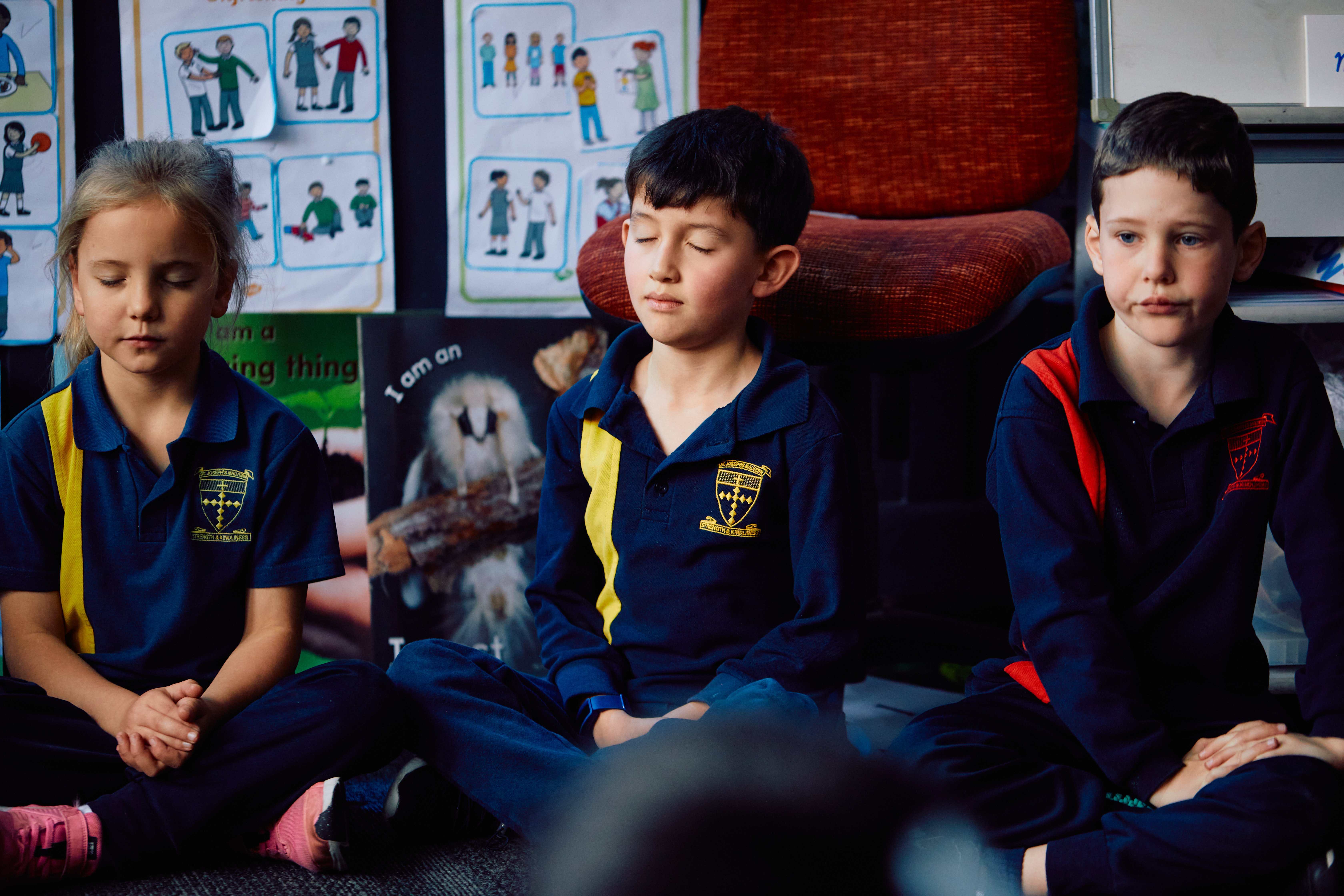
And above all…acknowledge the challenges of the adjustment back to face to face schooling and importantly also chat to your child about what they are looking forward to in going back to school! The return to school is such an exciting step forward for everyone.
For more resources to support your child through uncertainty check out our Care Packs for Families, containing digital tools created by our team of psychologists.
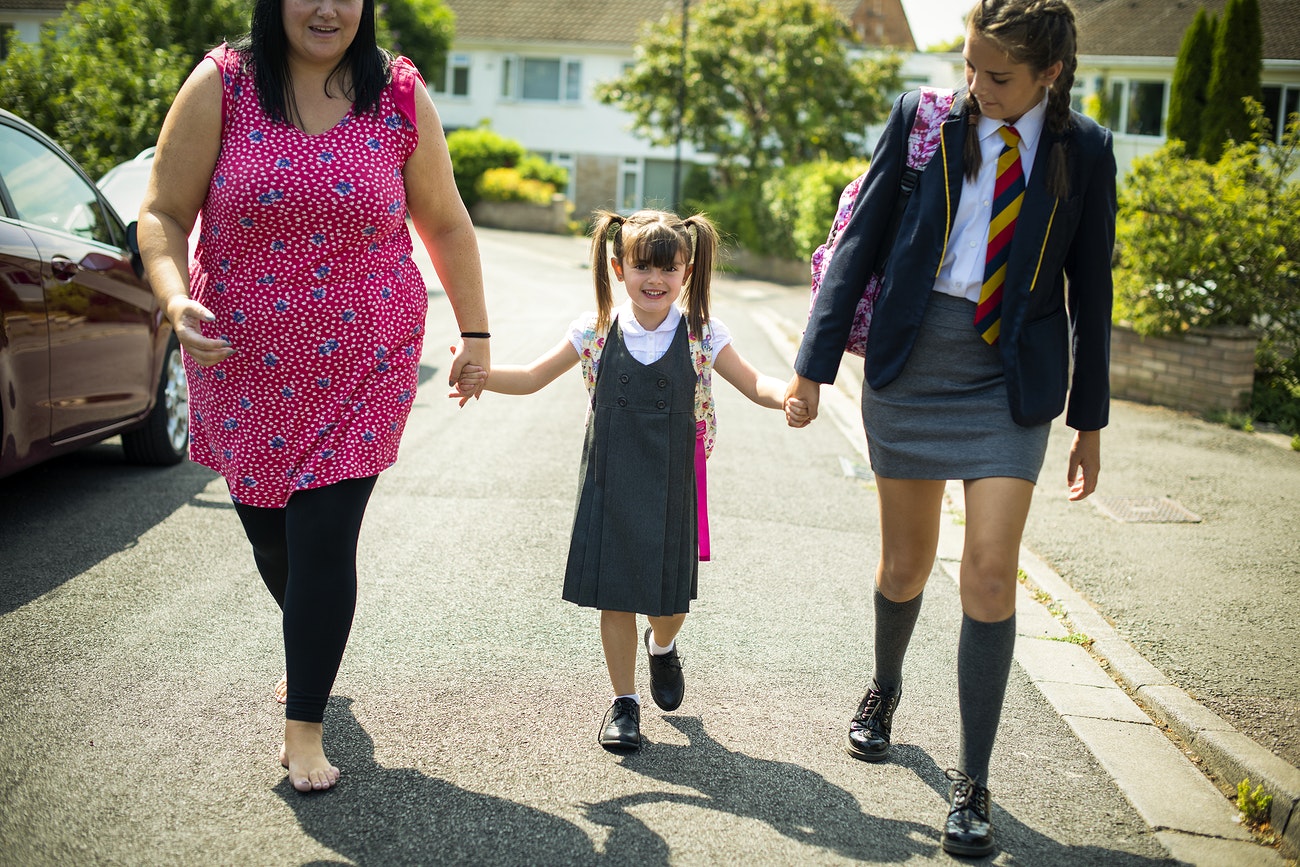
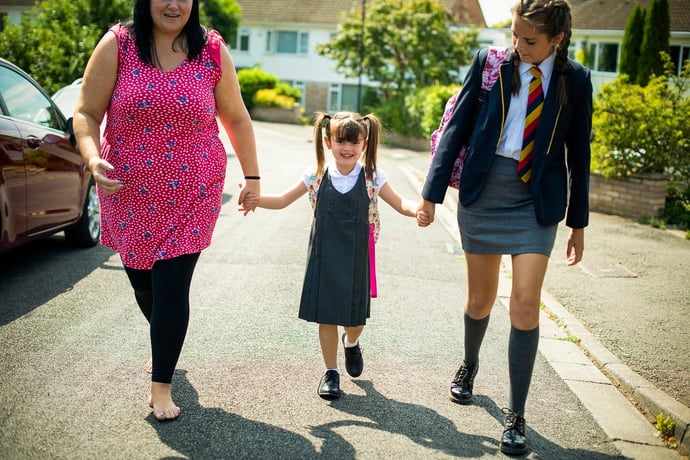
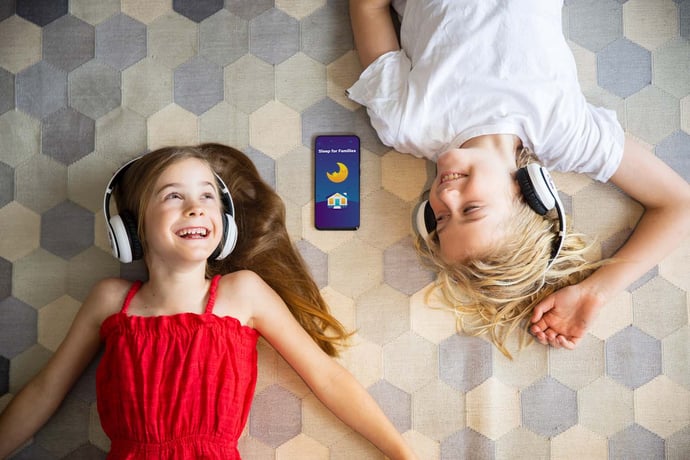



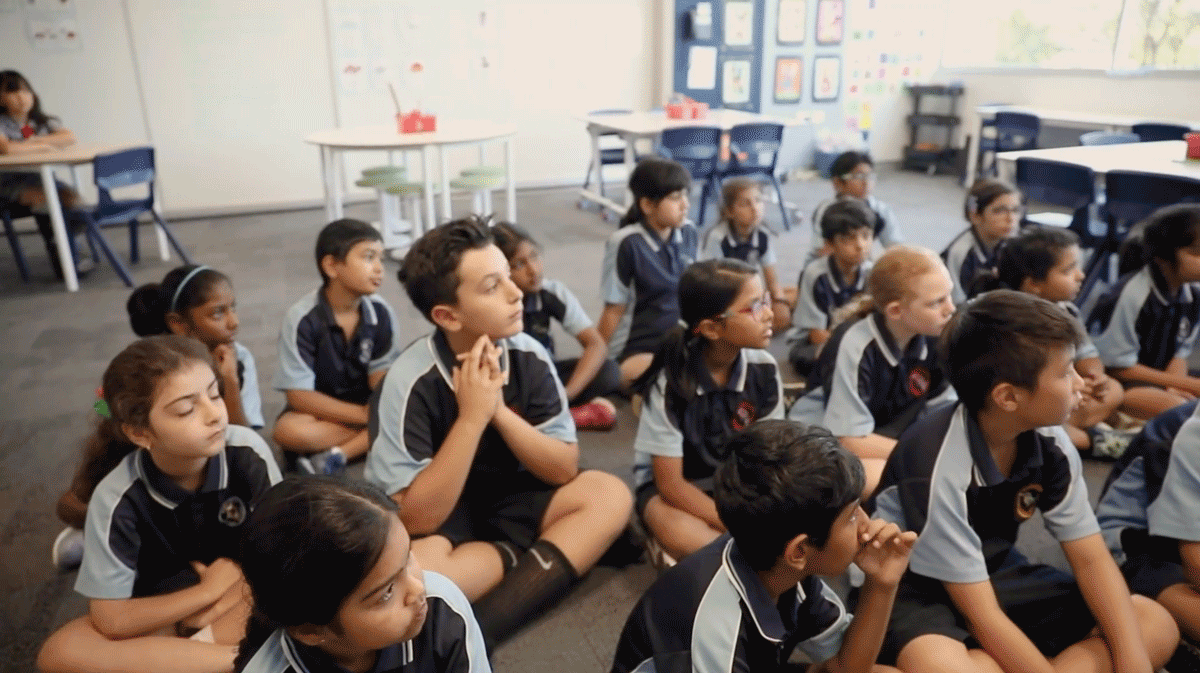






.jpg)



